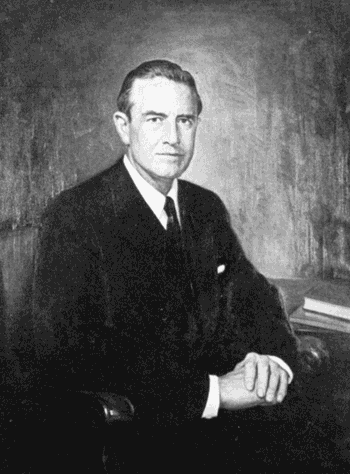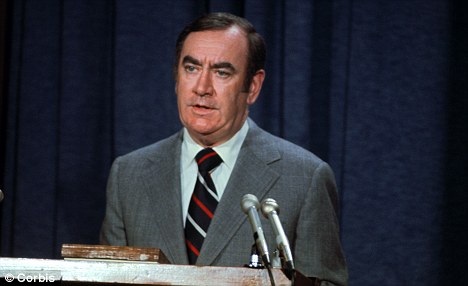W. Averell Harriman
(Democrat)
1947-1954
Truman’s candidate of choice to take down Governor Dewey would be his Ambassador to the Soviet Union, who would go on to narrowly win the election by less than 1000 votes. While history now looks upon Harriman’s upset victory over Dewey with suspicion, many believing he won through dirty politicking and election rigging, he would go on to win reelection by a very comfortable margin.
However, that reelection sureness was far from sure at the start, and he feared a rematch by Dewey. And so it is for that reason that Governor Harriman would appoint former Governor Dewey to replace Senator Robert F. Wagner in 1949 when he resigned over health concerns.
Unlike his predecessor, Governor Harriman would focus strongly on governing. During his tenure, he would raise personal taxes by 10%, sign legislation that would create the State University of New York, reduce the state’s debt by nearly $100 million, and create the “New York Reconstruction Fund”, which would invest millions of dollars from a budget surplus into expanding New York’s infrastructure.
It was his effective governing that would lead to a draft movement for Harriman at the Democratic National Convention of 1956, which, after former President Truman’s endorsement, would result in the former Governor in being the nominee. However, in a rematch not lost on the media, he would lose to Thomas Dewey. Beyond on this loss, he would go on to serve as Secretary of State for President Johnson for a year, but his Presidential hopes were forever dashed.




